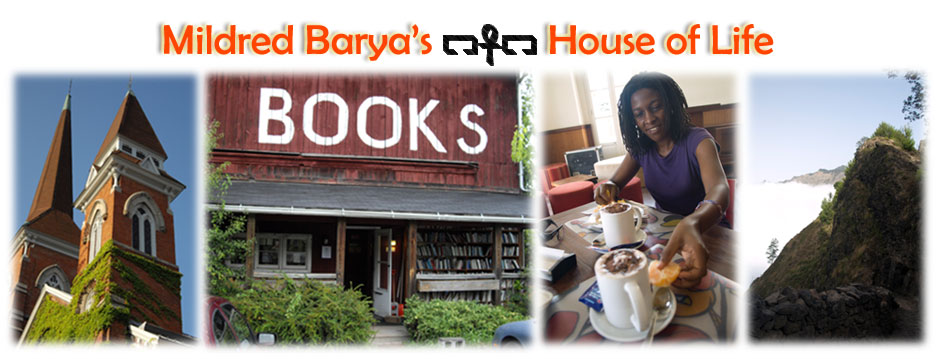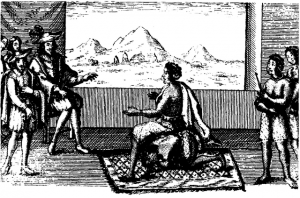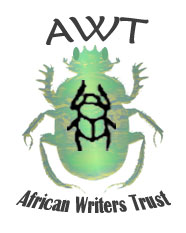You realize we’re not done with Angola yet. I can’t help it. I love historical fiction. When it’s sprinkled with mythology and fantasy, so much the better. That’s partly the reason I’m enthralled by Angolan writing/writers. They’ve got their feet in the magic world yet they do not fail to deliver the weight of reality on a people torn by wars, disappointed by political ideologies and Africa’s own lunatic statesmen posing as liberators. That is in fact the entire continent’s damned reality but I’m not here to write about that. My purpose is to recognize and appreciate the beauty that’s within the terrible, the sublime that’s anchored in the unimaginable. Perhaps no other writers (with the exception of Latin America and Russians) have delivered that terrible beauty the way Angolan fiction writers do. Mozambique writers come close. Mia Couto is surely something but that makes their genre seem like a Portuguese thing. I really don’t know. I recognize it as African the way it’s steeped in African mythology and magic but I could be wrong. Not everything that has magic, myth and fantasy is African even though it may bear resemblance to African…
Anyway, back to Angola. Before Agualusa was/is Pepetela (Artur Carlos Maurício Pestana dos Santos), a White Angolan born in 1941 in Benguela. Active in the revolution against Portuguese rule in Angola, some of Pepetela’s characters take on personal and political elements with remarkable psychological depth. They enter the realm of magic realism and historical space in an attempt to reinvent some newness.
Pepetela’s earlier novels, Mayombe (1980) and Yaka (1985), and much later, The Return of the Water Spirit (2002), were published under Heinemann’s African Writers Series. His ninth, O Desejo de Kianda (Kianda’s Desire) was published in 1995. A Gloriosa Familia, his eleventh novel narrated by a mute mestiço slave was published in 1997. That same year, Pepetela was awarded the Camoes Prize, which is the most prestigious literary award in the Portuguese-speaking world. A prolific writer, Pepetela has published eighteen novels and two plays. Though I’ll say some of the novels are as short as novellas.
Besides writing, Pepetela was a professor at Agostinho Neto University in Luanda, Angolan revolutionary fighter, Deputy Minister of Education, and a leading member of the Angolan Writers’ Union.
Fast forward and we have Ndalu de Almeida (born 1977) and writing under the pen name Ondjaki. He lives in Luanda, and has written poetry, children’s books, short stories, novels, drama and film scripts. To date (2010) Ondjaki has published four novels, three collections of short stories, two collections of poetry and three children’s books. His books have been translated into French, Spanish, Italian, German, English, Chinese and Swedish.
Like his predecessors, magic realism, fantasy and historical fiction abound in his work. I guess no writer escapes his time. Ondjaki’s novella, O Assobiador (The Whistler) published in 2008, is highly lyrical and fantastical. The whistler as a character is a disheveled stranger who arrives in a small village and is able to change people’s emotions, perceptions, and reality with his great talent of whistling. Through dreams, histories, and memories, mysterious sea-women, overworked gravediggers, lascivious widows, madmen, donkeys, death cheaters, sentient baobab trees, and traveling salesmen versed in the science of alchemy are all seduced by the melodies of the whistler. Here’s a web summary that truly captures the essence of this book:
“One October morning, while it is raining, a young man arrives at a small African village, with a church on one side and a smiling baobab tree on the other. He enters the church and starts whistling. The sound is so beautiful that the priest is left in tears and the doves listen in absolute silence. And there are the people of the village, like the madman KaLua, the old widow Dona Rebenta in her large wooden bed, the gravedigger KoTimbalo, KeMunuMunu, the travelling salesman and Dissoxi, who fills her house with sea salt and longs for the ocean. For a whole week the reader accompanies these characters, their dreams and their longings, the village’s whisperings and gossiping. All are surrendered to the moods of the melodies. But the whistler himself is affected by the inhabitants of the village. His melodies can rouse happy or sad feelings. The priest announces that the following Sunday mass will be held with the whistler. On the Sunday he bewitches the priest and the people in the church to such an extent that they fall in a state of trance and unimagined sensuality and zest for life. The mass is followed by an orgiastic celebration. On Monday the whistler and KeMunuMunu leave the village and the reader likewise bids his wistful farewell to a bewitching world.”
Close but different translation by Richard Bartlett.
“A stranger wafts into a village with no name and sets to whistling as he wanders idly through the church, hypnotising the doves in the rafters and bringing the priest to tears with his haunting tune. Thus begins a week of whispers and gossip that culminates in a Sunday Mass celebrated with orgasmic fervour as the whistler’s enchanting tune bewitches the frustrated faithful. Spellbinding, irreverent and hilarious, Ondjaki’s comic masterpiece from Angola, The Whistler, is a triumph of joy over adversity in a country ravaged by sorrow. The Whistler offers a vision of hope and humanity to a people suffering the painful after-effects of the civil war that traumatised the author’s homeland.”
Apart from what might be Ondjaki’s Angolan or Latin America genre influences, in The Whistler is a quality of the Russian Gogol, especially Gogol’s fantastical short story, The Nose. If you like The Nose, chances are you’ll love The Whistler.
Before we leave Angola, let’s delight in some poetry from Ana Paula Ribeiro Tavares. I’ve been wanting to see what Angolan women are writing.
I brought flowers
I brought flowers
They’re not all white, Mother
But they’re morning’s fresh flowers
They opened yesterday
I kept them by me all night
While straining the honey
And weaving my dress
It’s not white, Mother
But it will do for the sacrificial table
I brought the tacula* cream
Used in Grandmother’s day
It’s not thick, Mother
But it covers my body
I brought the candles
Of wax and bees’ wings
They’re not pure, Mother
But they can burn all night
I brought the song
It’s not clear, Mother
But it has the right birds
To follow the days as they fall
Between my time and yours.
Published in Words Without Borders magazine, ISSN: 19361459
The curve in the river
You descend the curve of my body, loved
with the flavour of the curve of other rivers
you count the veins and let your hands rest
like wings
like wind
on the tired breath
on the aroused breast
Break the boat and rip the net
you’re thirsty for other rivers
fish eyes that I do not know
and fingers that feel in me the goose pimples
of another time
I am the weary hope of the life
that you slowly drink
in the body that was mine
and you have now lost
you go in circles of fire
around my fence
Don’t come in, please don’t come in
without the pure oils of the beginning
and the oranges.
from Dizes-me coisas amargas como os frutos [Tell me bitter things like certain fruit, 2001]
Terracotta
Open the earth let me see myself in the mirror and find my place in emptiness among three hundred thousand terracotta virgins Open the earth, my friend this land woven of a thousand sand colours drifting from the north seeds of time where the older ones rest leaving to the feet the dance of hurrying life.——
Quite intense, don’t you think? To read an interview:







No comments yet.